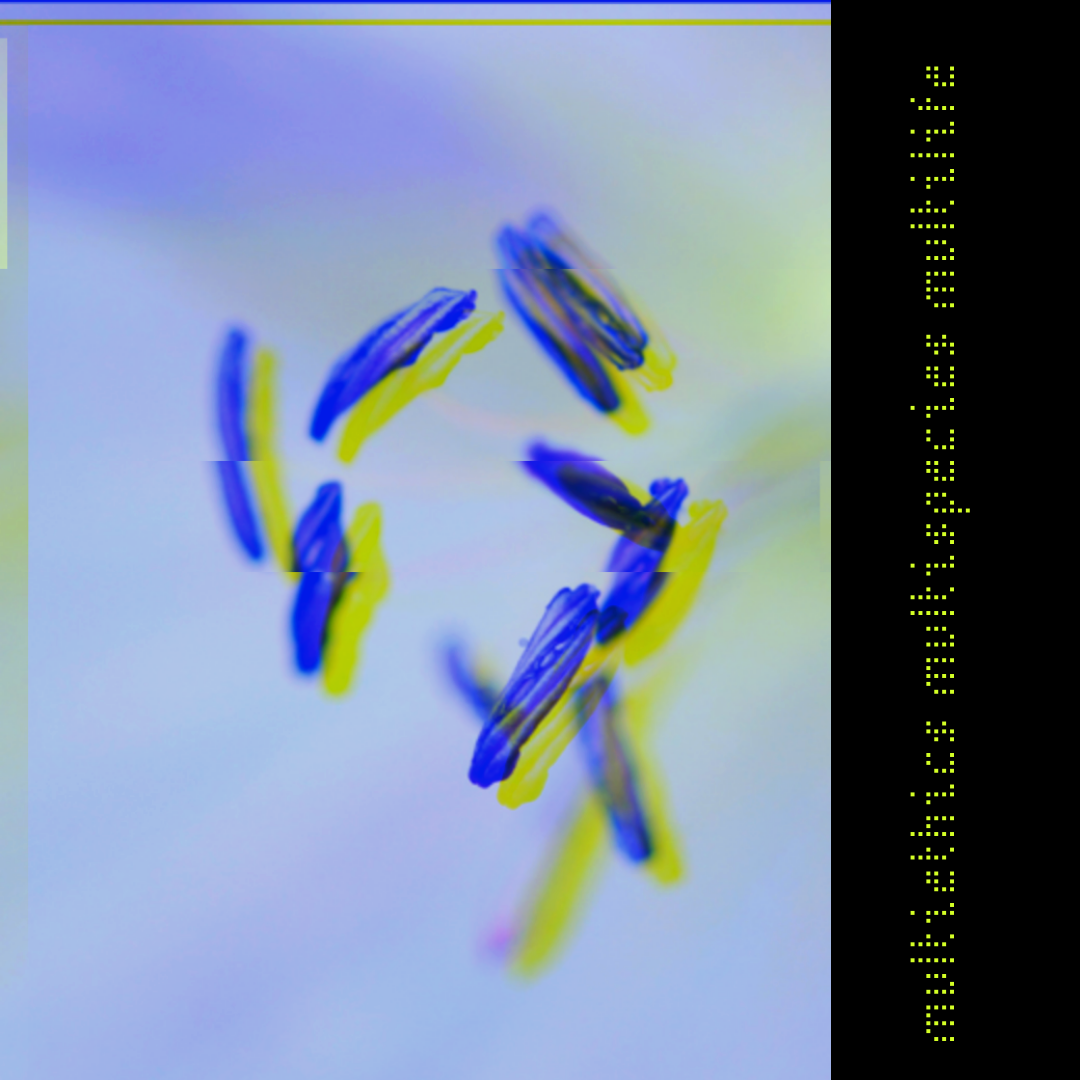
Richard Levine
Artist Statement: Talking & Listening to Plants
Several years ago, I attended “Bodies: The Exhibition.” It showcased 13 whole-body specimens and more than 260 organs and partial body specimens, dissected and preserved in a clear polymer. Looking at human vascular systems hung up like pieces of macrame, I was amazed at how much they resembled tree crowns and roots. And I could imagine Robert Frost standing before a circulatory mapping of our brains and thinking it a mirror of a winter woodland.
That comparison has stayed with me, especially when I come across a fallen tree, its root ball upended and exposed for our inspection. And seeing those dissections also changed the way I look at flowers. So when the first line of “All We Have,” the poem I published in PHQ, came to mind, it seemed as logical as metaphoric to commix human sexuality with the bright tumescent anatomical parts of a newly blooming flower.
Sometimes we reach for each other with the red, silken fervency of poppies. Where I was: The poppies in our garden had just come into bloom and I was marveling at their brilliant red, linen-thick, silky slick petals. Their brief, radiant gift lasts less than a week. But despite their delicate appearance, they hold on through strong winds and forceful downpours, perched atop a strong, single hairy stalk.
And poppies are not only suggestive of sex, but of war … or at least a remembrance of WWI. Though long forgotten now, poppies were considered the symbol of the first Armistice Day, November 11, 1919, and were celebrated in John McCrae’s poem “In Flanders Fields.” Until WWI’s munitions raped the landscape, poppies bloomed perennially across the western front.
Flowers, in fact, are so ingrained in our experience of the world that we equate them with life’s most intimate interactions. That is what I instinctively did in “All We Have.” We give flowers to express affection and hope, as at a wedding or birth; we give them to show concern or sorrow, as in a hospital room or when we place them upon a grave.
Maybe it should be required that generals and diplomats wear a flower in their lapels or pinned to their blouse when they meet to discuss peaceful ways to avoid war; maybe a poppy.
Richard Levine, a retired NYC teacher, is the author of Now in Contest: Selected Poems, Contiguous States, and five chapbooks. An Advisory Editor of BigCityLit, he is the recipient of the 2021 Connecticut Poetry Society Award, and was co-editor of Invasion of Ukraine 2022: Poems. His poetry has appeared in Ted Kooser’s “American Life in Poetry” column and can be found on the Poetry Foundation and the American Academy of Poets websites. In addition, his work is archived in LaSalle University’s Special Collections Library. A Vietnam veteran, he has written reviews for American Book Review. richardlevine107.com.

